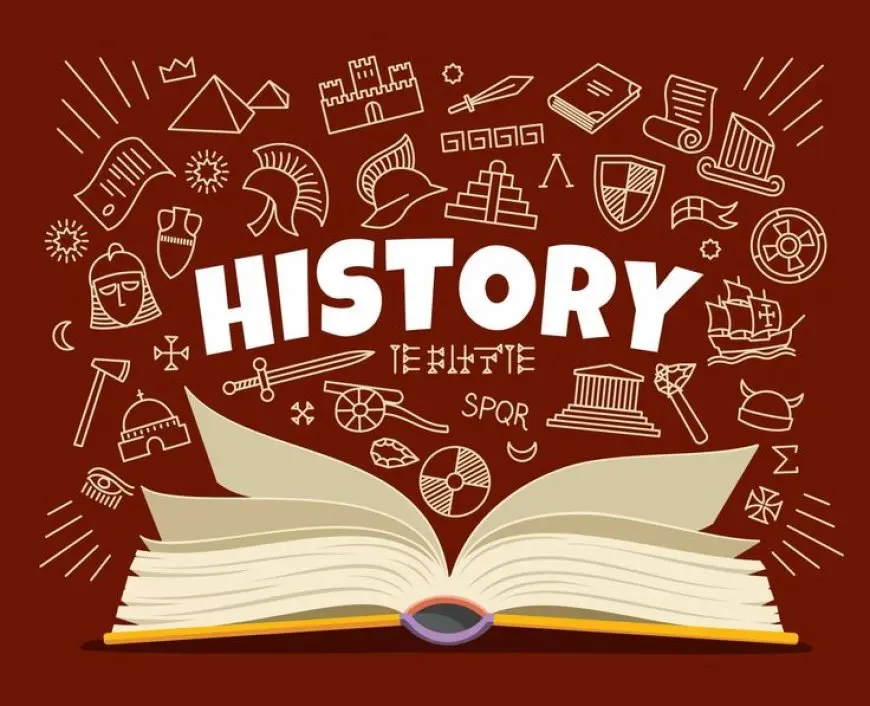Why Learning History is Important
Why Learning History is Important

Learning history plays a vital role in shaping our understanding of the world and our place within it. By examining past events, cultures, and decisions, we gain valuable insights that can guide present and future actions. History is not just about memorizing dates and names—it is about understanding human behavior, the consequences of choices, and the evolution of societies.
History helps us understand the origins of the modern world. By studying historical developments such as revolutions, migrations, and technological advancements, we can trace how societies have evolved over time. This knowledge provides context for understanding current events and global dynamics.
It fosters critical thinking and analytical skills. Historical analysis involves examining multiple perspectives, assessing sources, and interpreting evidence. These skills are not only crucial for historians but are also applicable in daily decision-making and problem-solving.
Learning history encourages empathy and cultural awareness. Exploring the experiences of people from different times and places allows us to develop a deeper appreciation for diverse perspectives and challenges. This understanding promotes tolerance and a sense of shared humanity.
History teaches valuable lessons about success and failure. By studying past achievements and mistakes, individuals and societies can identify patterns and avoid repeating errors. It provides a framework for making informed decisions in governance, business, and personal life.
It instills a sense of identity and belonging. Understanding the history of one’s country, community, or family helps individuals connect with their heritage. This connection fosters pride, resilience, and a deeper sense of responsibility toward preserving cultural legacies.
History inspires innovation and progress. Many great inventions and movements were influenced by an understanding of past challenges and solutions. By learning from history, we can adapt successful strategies and build upon them to address modern issues.
It provides a foundation for citizenship and civic engagement. Knowing historical struggles for rights, freedoms, and justice equips individuals to participate actively in democracy and advocate for positive change in society.
Studying history sparks curiosity and a love for learning. The stories of past civilizations, remarkable figures, and transformative events can captivate the imagination and inspire further exploration in various fields of study.
Learning history is essential for building a well-rounded perspective on life and society. It equips individuals with the knowledge and skills needed to navigate the complexities of the modern world. By understanding the past, we empower ourselves to create a better future.







